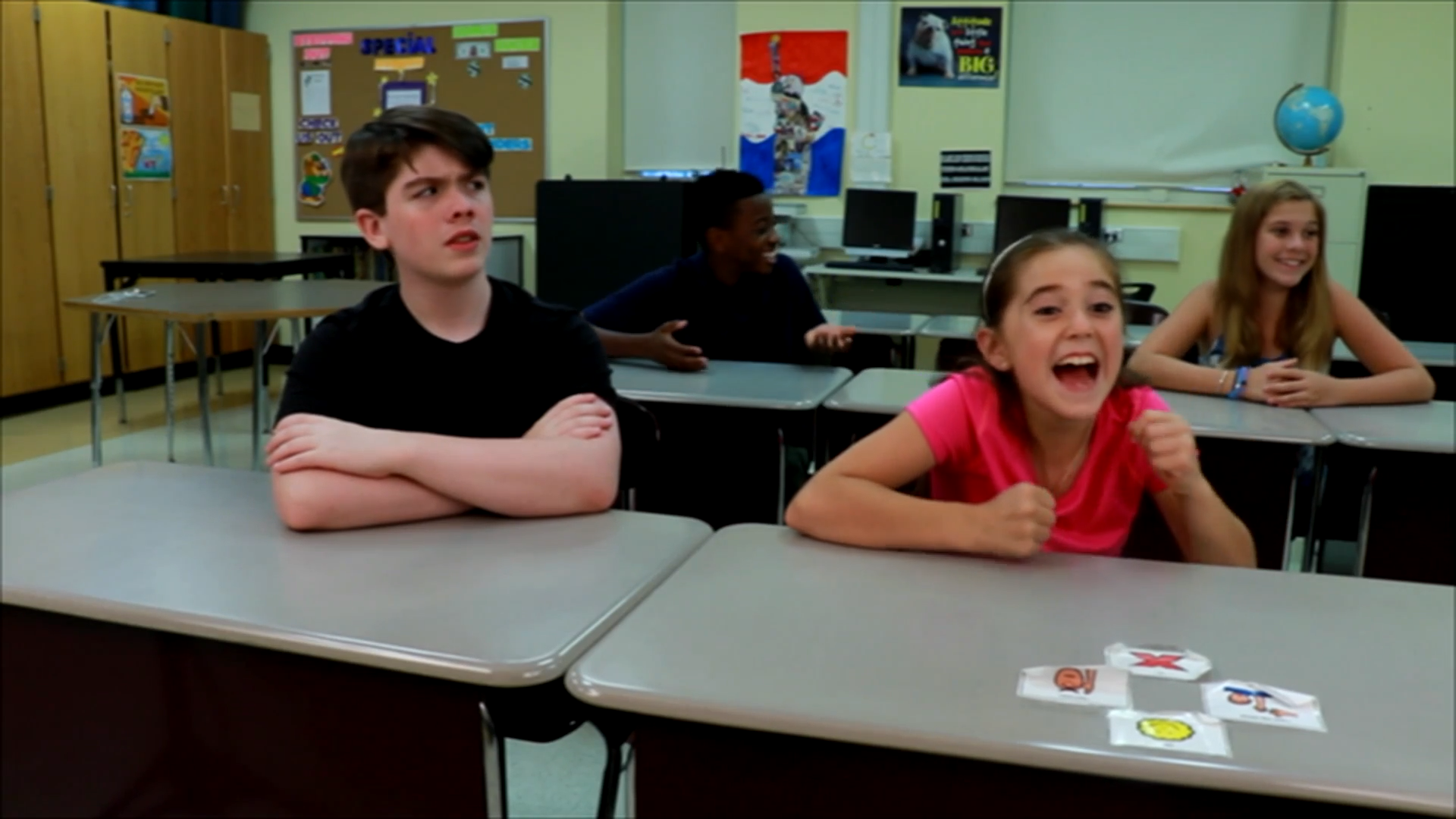
Introduction
New situations can be intimidating for students, especially when they are unsure how to act or what to do. In these moments, it is essential to teach them the skill of observing others to learn and adapt. This blog post will guide you through an activity that encourages students to use observational skills, as demonstrated in the example of Andrew playing a game he’s never played before. By observing others, Andrew learns how to participate in the game successfully and gains confidence. This skill is a valuable component of Social-Emotional Learning.
No-Prep Activity: The Observation Game
This activity requires no preparation or materials from the educator. The primary goal is to help students practice their observational skills in a fun and engaging way.
- Ask the students to stand in a circle.
- Choose one student to be the “Leader.” The Leader will perform a simple action (e.g., clapping hands, jumping, or spinning).
- The student to the Leader’s right will observe and then mimic the action.
- Continue around the circle, with each student observing and mimicking the action of the person to their right.
- Once the action returns to the Leader, the Leader will perform a new action, and the process repeats.
- After a few rounds, choose a new Leader and continue the game.
The Observation Game helps students practice their observational skills, as they need to pay close attention to the actions of their classmates. It also encourages them to adapt to new situations and builds their confidence in unfamiliar settings.
Discussion Questions
- How did it feel to observe and mimic the actions of your classmates? Did it become easier with practice?
- Can you think of a time when you had to observe others to figure out what to do in a new situation? How did that experience help you?
- Why is it important to be observant in new situations? How can it help us learn and grow?
- How can we practice our observational skills outside of the classroom? Can you think of any examples?
- What other skills do you think are important for adapting to new situations?
Related Skills
Along with observational skills, other relevant skills for students include:
- Active listening
- Asking for help or clarification
- Problem-solving
- Adaptability
- Building confidence in unfamiliar situations
Next Steps
Observational skills are a vital part of Social-Emotional Learning, and helping students develop these skills will benefit them in various situations throughout their lives. To access more resources and activities to support your students’ growth, sign up for free sample materials at Everyday Speech. You’ll find a wealth of activities and lessons to help teach students essential life skills and promote their overall well-being.

